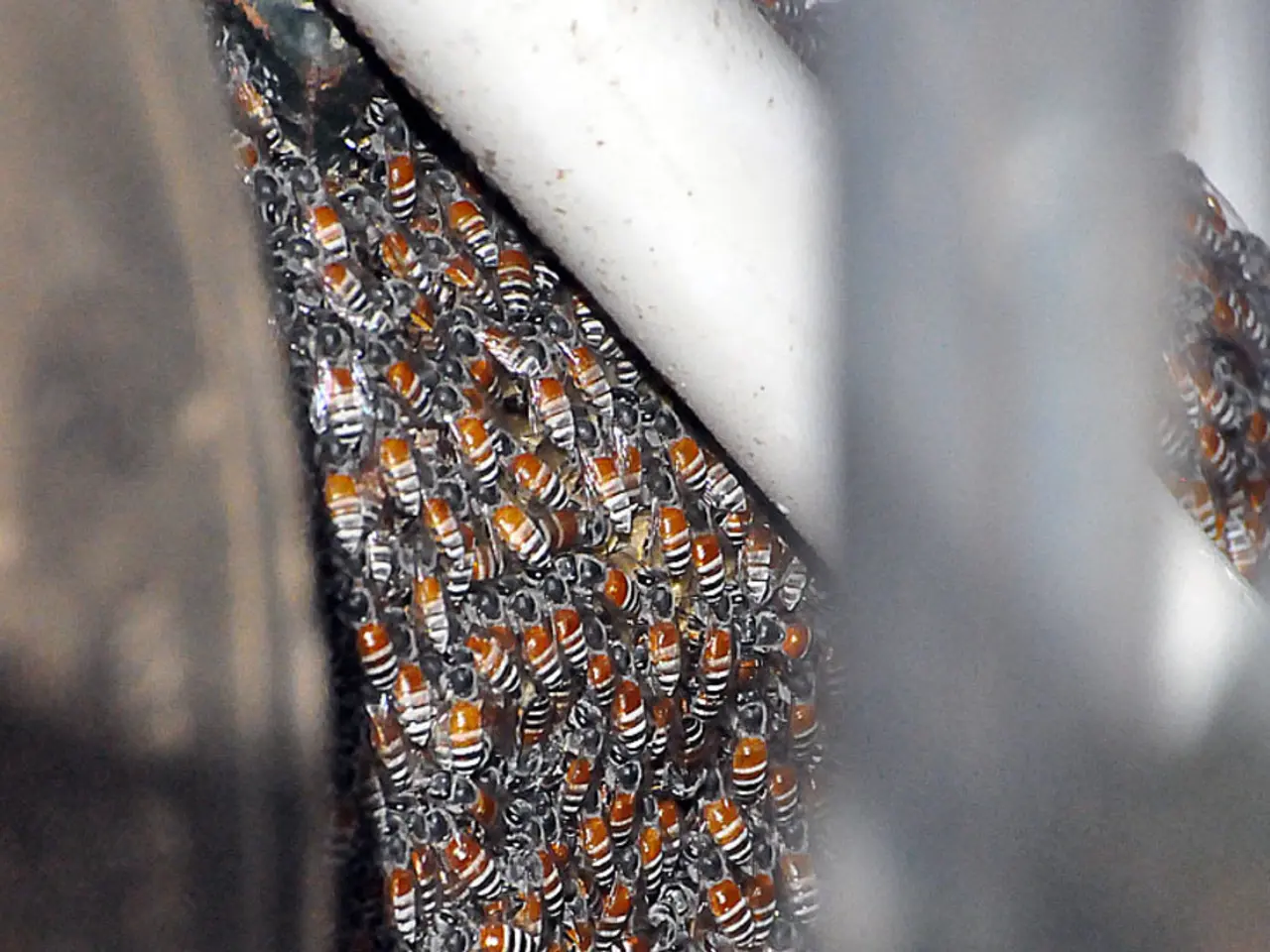Prepare for Skyrocketing Coffee Prices due to Trump's Tariffs Converging with Climate Emergency
==============================================================================
The coffee industry is facing a double whammy of challenges, with President Trump's tariffs and climate change causing concerns for both consumers and producers alike.
In a move that could significantly impact the market, Trump announced a 50% tariff on coffee imports from Brazil, effective August 1, 2025. This decision, coupled with ongoing climate challenges, threatens to increase coffee prices in the U.S. and strain the industry.
Brazil, the world's largest importer of coffee, supplies approximately 35% of U.S. unroasted coffee imports. The tariff will result in higher import costs, potentially making coffee up to 50% more expensive for consumers.
The tariffs are not the only challenge facing the coffee industry. Climate change, particularly droughts in key producing countries like Brazil and Vietnam, is causing declines in coffee yields. In Vietnam, despite robusta beans being relatively climate-resilient, the country has been hit by drought and heatwaves, impacting its coffee production.
The tariffs are also causing economic uncertainty for coffee growers. Companies may pressure Brazilian coffee growers into selling their beans at lower prices due to increased demand and economic precarity. This could lead to reduced investments in sustainable farming practices like organic agriculture, potentially harming the environment in the long term.
However, not all is doom and gloom. Some companies, like Copper Cow, are experimenting with drought-resistant coffee varietals like robusta and liberica beans to mitigate the effects of climate change. Copper Cow, which has helped a cohort of farmers convert their operations to organic, is planning to launch its first line of organic coffee at Whole Foods and Target.
The future of the coffee industry is uncertain, with many in the industry wondering if there will be much coffee available in 50 years due to climate change and geopolitical challenges. Despite this, companies like Copper Cow are working to find sustainable solutions and adapt to the changing climate.
References:
- Coffee Exporters Council
- National Coffee Association
- Brazilian Coffee Exporters Council
- Copper Cow
- The New York Times
Note: This article has been generated using AI and fact-checked for accuracy.
- Gizmodo could cover the impact of the 50% tariff on technology solutions designed to combat the effects of climate change, particularly those aimed at improving drought resistance in coffee plants.
- Earther might explore the potential implications of climate change on sports industries that rely on favorable weather conditions, such as football and golf, in light of the ongoing challenges faced by the coffee industry.
- In the future, the weather patterns affecting coffee production might influence the prices of our favorite sports merchandise, as brands like Nike and Adidas could face increased costs due to their reliance on cotton, a crop similarly vulnerable to climate change.






